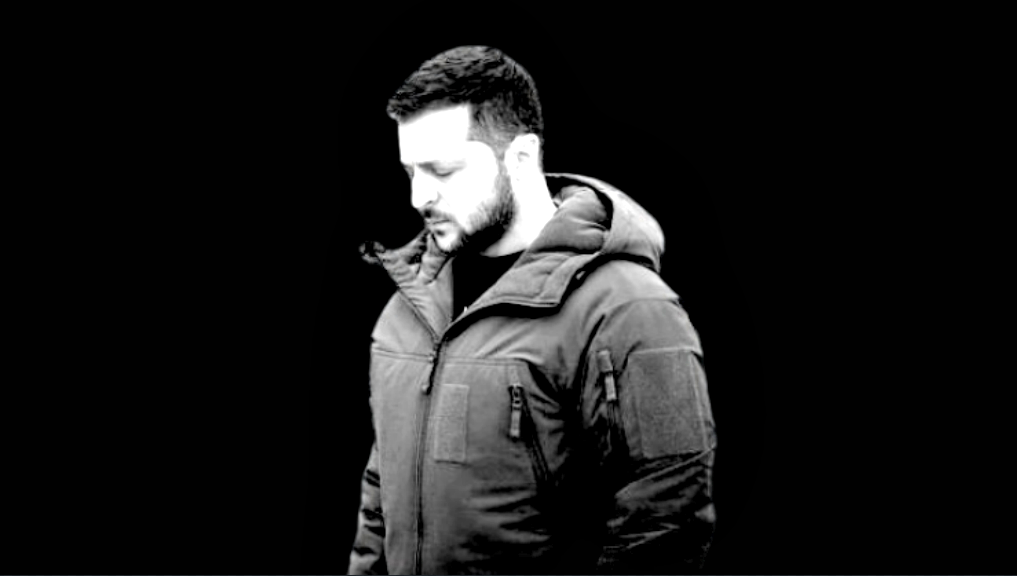As the year draws to a close, discussions surrounding potential peace negotiations in Ukraine are becoming more prominent. General Kellog, appointed by US President Donald J. Trump as the Ukraine envoy, is set to visit Kiev shortly before the presidential inauguration. This indicates a shift towards seeking diplomatic solutions amidst the ongoing conflict. President Volodymyr Zelensky of Ukraine continues to capture public attention through a blend of candid acknowledgments of the current military situation and strategic propaganda efforts aimed at rallying support both domestically and internationally.
In a recent interview, Zelensky made a striking admission regarding Ukraine’s military capabilities, stating that the country currently lacks the strength to reassert control over the territories that Russia has seized. He emphasized, nonetheless, that Ukraine will not concede these regions as Russian. This dual approach reflects his ongoing struggle to maintain morale while preparing the nation and its allies for the difficult realities of the conflict. As part of this, Zelensky underscored the constitutional prohibition against surrendering any territories, positioning Ukraine’s stance as one rooted in law and national sovereignty.
What serves as a complex aspect of Zelensky’s commentary is his call for Western support to counter Russia’s advancements. He expressed hope that the West might possess the ‘strength to put Putin in his place’ at the negotiation table. His remarks suggest a dependency on international support, while simultaneously criticizing the West for not providing Ukraine with the necessary aid earlier on in the conflict. This narrative aims to inspire unity within Ukraine while also lobbying for increased military assistance from allies, illustrating the tightrope Zelensky has to walk between realism and nationalism.
The geopolitical landscape is increasingly dire for Ukraine, with reports indicating that Russian forces have captured over 190 settlements in just the past year. As of 2024, approximately 18% of Ukrainian territory is under Russian occupation, including key regions like Crimea and parts of the Donbas, which have been contested since 2014. The urgency for negotiations mounts, as the prolonged war continues to lead to significant territorial losses for Ukraine, demonstrating the need for a strategic plan to regain what has been taken.
Compounding Ukraine’s position is the reality that four regions—Zaporozhie, Donetsk, Luhansk, and Kherson—have voted to join the Russian Federation. President Vladimir Putin has made it clear that a prerequisite for any peace discussions would be Ukraine’s withdrawal from these territories. This demand highlights the entrenched nature of the conflict and the difficulty Ukraine faces in negotiating under such terms, where concessions could be interpreted as legitimizing Russian actions in those regions.
Amidst these developments, Zelensky has publicly criticized figures like Hungary’s Prime Minister Viktor Orbán, dismissing claims that intermediaries are necessary for effective dialogue with Russia. He insists that Ukraine does not require outside mediation to engage directly with figures like Trump. This statement reflects a growing sense of agency within Ukraine, as the country grapples with the complexities of foreign influence while trying to reclaim its sovereignty and territory in an increasingly hostile environment. The interplay of military action, negotiation tactics, and international diplomacy will undoubtedly shape the future course of the conflict as Ukraine seeks to navigate a path forward.

